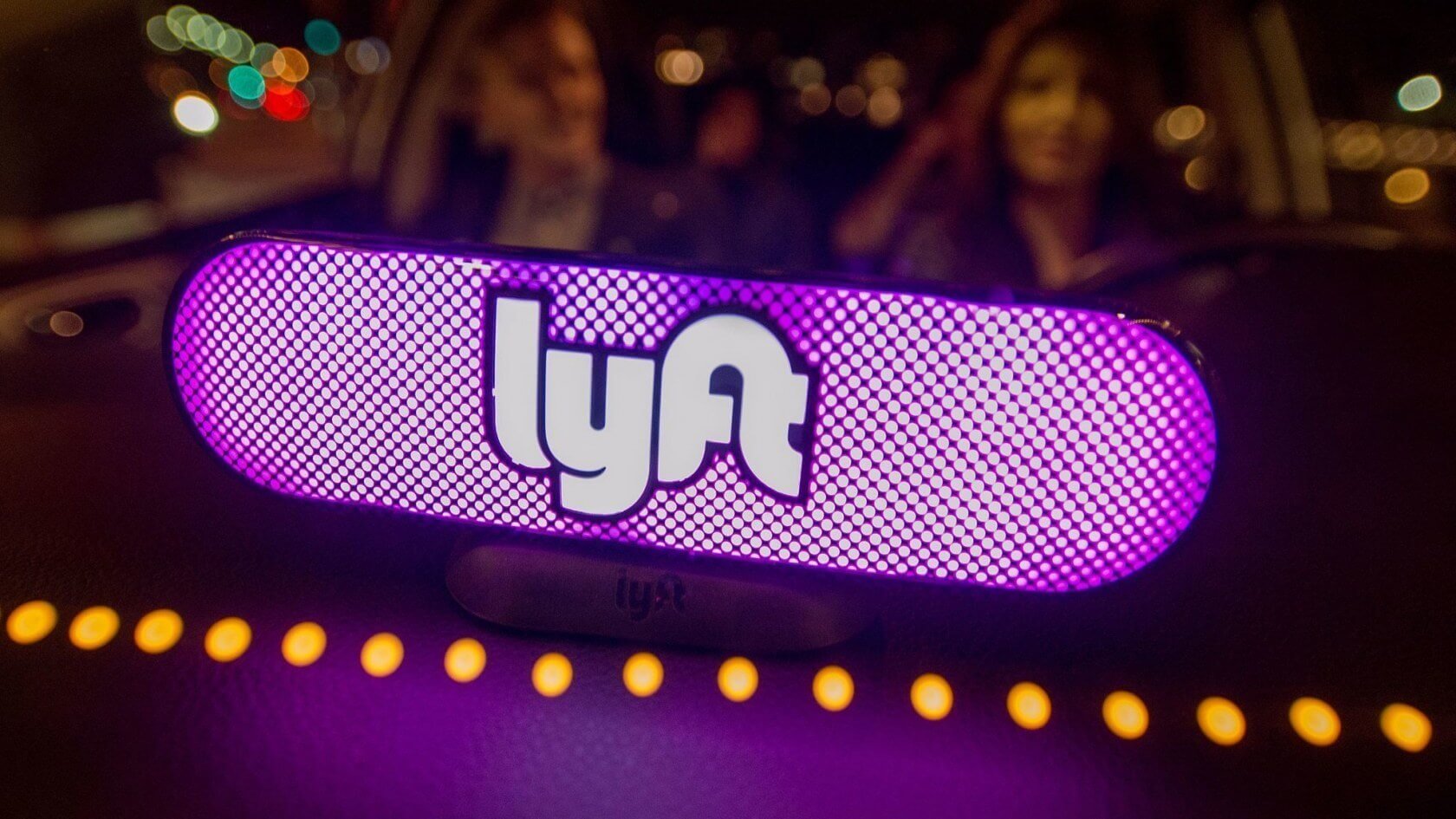In brief: After years of effort on the part of 'gig' drivers working for Uber, Lyft, or other such services, they might have finally earned themselves a win: starting January 1, 2020, a new law could allow many independent contractors to be classified as employees instead of contractors.

This means that, among other things, drivers who fit the appropriate criteria could be entitled to certain benefits like minimum wage protection, health insurance, overtime compensation, as well as paid vacation and sick days. As of writing, most Uber, Lyft, DoorDash, or Amazon Flex drivers have to handle all of these expenses for themselves; regardless of how many hours they put into their jobs.
If they're unable to support themselves fully, gig workers will often turn to government assistance programs; which ultimately costs taxpayers, according to bill sponsor and California Assemblywoman Lorena Gonzalez. Whether you agree with that assessment or not, the bill in question -- Assembly Bill 5 (AB5) -- was officially signed into law today by California Governor Gavin Newsom.
So, how does AB5 work? In short, the law applies the three-part "ABC" test laid out in California's 2018 "Dynamex" legislation to independent contractors. If all three parts of the test apply to a given worker, they can be considered a contractor. If not, they will be considered an employee, and must be treated as such by companies. The test is as follows:
An independent contractor must...
- ...be free from the control and direction of the hiring entity in connection with the performance of the work.
- ...be customarily engaged in an independently established trade, occupation, or business.
- ...perform work that is outside the usual course of the hiring entity’s business.
Several occupations are, by default, exempt from AB5, including "direct sales salespersons," real estate licensees, commercial fisherman, insurance agents, and others. And, of course, many companies that may be perceived to fall under the scope of AB5 will undoubtedly argue that they pass the test. Uber's Chief Legal Officer Tony West has made precisely that argument, in fact.
"...several previous rulings have found that drivers’ work is outside the usual course of Uber’s business, which is serving as a technology platform for several different types of digital marketplaces," an excerpt from West's full statement reads.
There are obviously two sides to every story, and in this case, Uber and gig-oriented companies at large are not the only ones with concerns surrounding AB5. Several freelance workers, who perhaps only perform tasks for Uber, Lyft, or Amazon Flex part-time, appreciate the flexibility the roles offer.
Some such workers have expressed concerns that AB5 will negatively impact this flexibility. Further, if the likes of Uber are forced to classify many of its drivers as employees, they could attempt to pass the costs on to consumers.
We'll simply have to wait until the smoke from this legislation clears in 2020 before we can say for sure how AB5 will impact California's economy.
https://www.techspot.com/news/81963-california-governor-signs-law-could-require-gig-companies.html